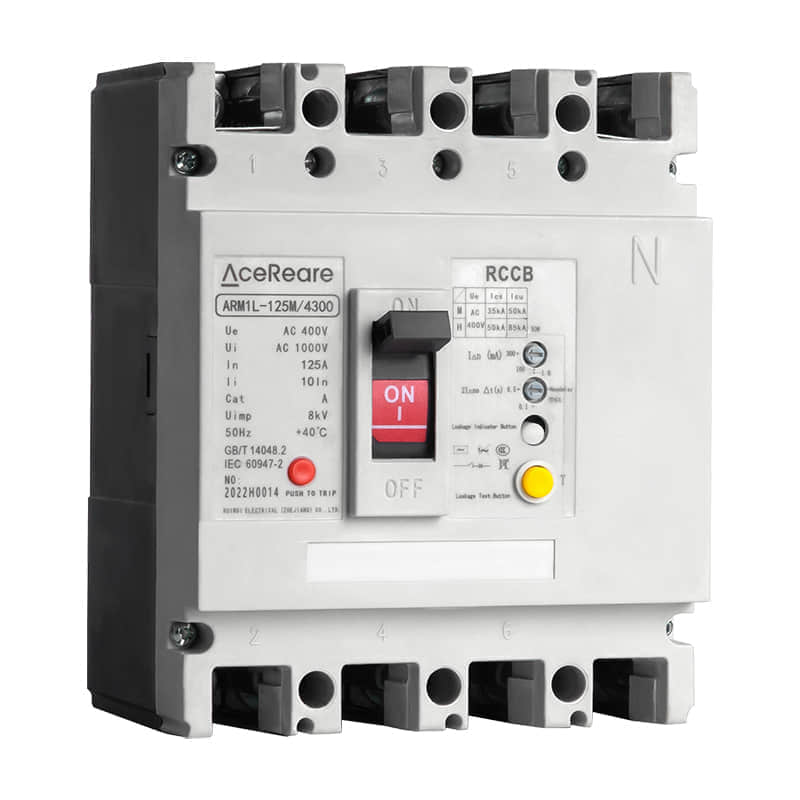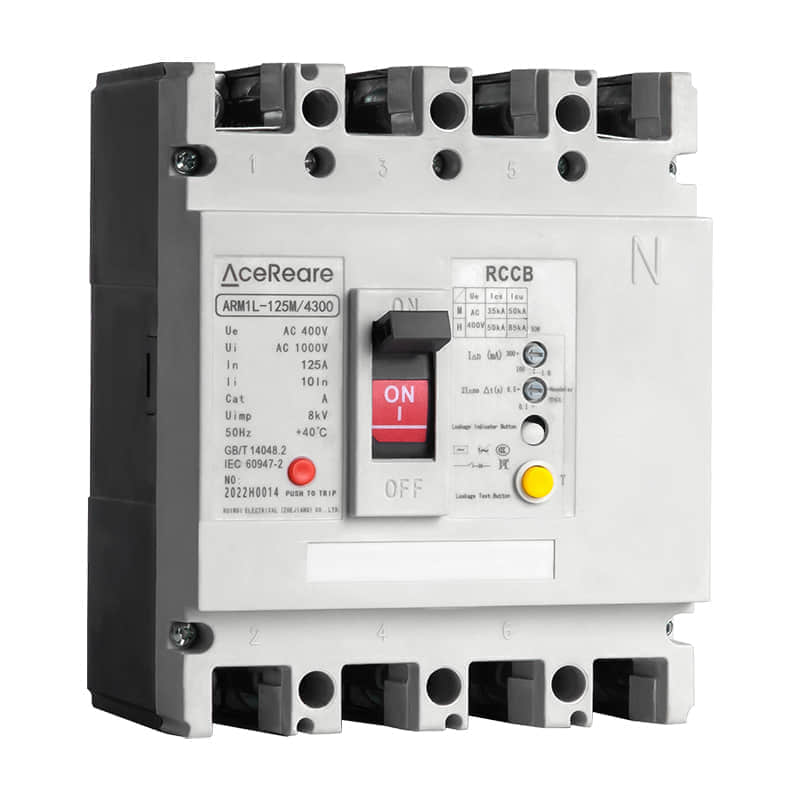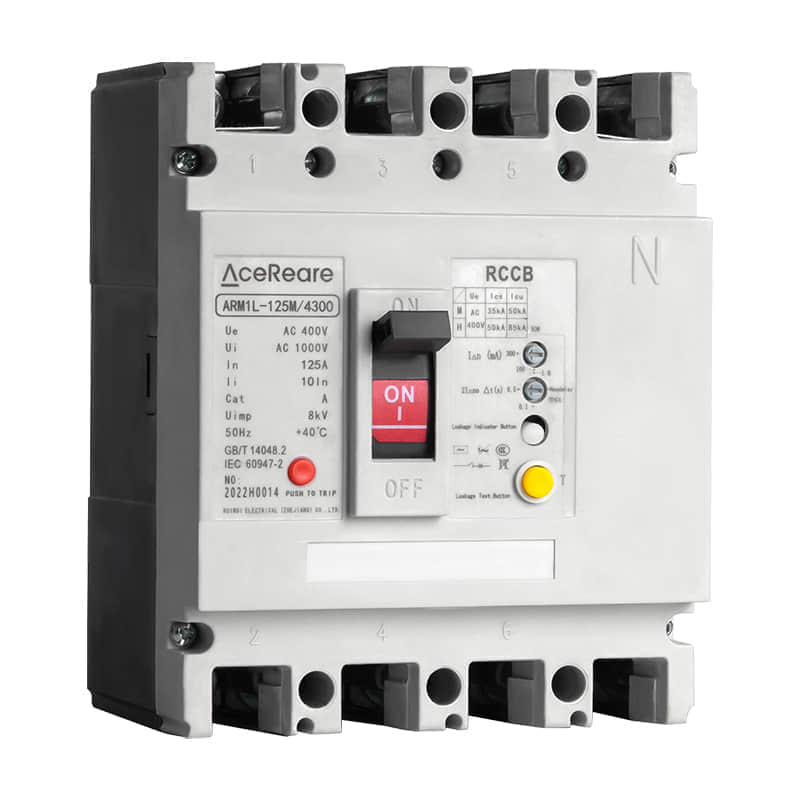In the realm of electrical engineering, safety stands as an utmost priority. The evolution of circuit breaker technology has been a cornerstone in ensuring the protection of both people and equipment from electrical faults. Among the innovative breakthroughs, the Molded Case Circuit Breaker (MCCB) with Residual Leakage Protection emerges as a pivotal solution, combining the features of traditional MCCBs with advanced residual current protection. This article delves into the significance and functionality of this remarkable safety device.

Understanding the MCCB with Residual Leakage Protection

Molded Case Circuit Breakers have long been a staple in electrical systems for their ability to interrupt abnormal currents and protect circuits from overloads and short circuits. However, traditional MCCBs primarily focus on thermal and magnetic protection, leaving a gap in safeguarding against faults like ground faults or residual current-related hazards. This is where the innovation of MCCBs with Residual Leakage Protection comes into play. Residual Leakage Protection, commonly referred to as Residual Current Devices (RCDs) or Ground Fault Circuit Interrupters (GFCIs), offers an additional layer of safety by detecting imbalances in the current flowing into and out of a circuit. Even a slight difference in current indicates a leakage, often caused by a ground fault due to factors like insulation failure or direct contact with live wires. This type of fault can be life-threatening, especially in damp or wet environments. The Working Principle The MCCB with Residual Leakage Protection operates on a simple yet effective principle. It continuously monitors the current entering and exiting a circuit. If the device detects any disparity in these currents, it instantaneously trips the circuit, cutting off the power supply. This rapid response minimizes the risk of electric shock or fire caused by ground faults. The technology employs a differential transformer to compare the incoming and outgoing currents. In the absence of any leakage, the currents should ideally be balanced. However, if a leakage occurs, the transformer detects the difference and sends a signal to the tripping mechanism, activating the MCCB to disconnect the circuit. This proactive mechanism ensures that even the smallest imbalances are swiftly addressed. Advantages and Applications The incorporation of residual leakage protection into MCCBs brings forth several advantages. Enhanced Safety: The primary advantage is evident – improved safety. By detecting ground faults and leakage currents, this technology significantly reduces the risk of electric shocks, electrical fires, and other potential hazards. Versatility: MCCBs with residual leakage protection can be applied across various sectors, from residential buildings to industrial complexes, as they provide comprehensive protection against different fault types. Selective Tripping: These devices are designed to trip only the faulty circuit, allowing other circuits in the same installation to continue functioning. This selectivity prevents unnecessary disruptions, making them suitable for critical applications. Remote Monitoring: Some modern MCCBs with residual leakage protection are equipped with remote monitoring capabilities. This feature enables real-time tracking of the device’s status and allows for timely maintenance or interventions. Conclusion In the pursuit of safer electrical systems, the integration of Molded Case Circuit Breakers with Residual Leakage Protection marks a significant stride. Its ability to detect and respond to leakage currents, ground faults, and other abnormalities adds an invaluable layer of security. As technology continues to advance, we can anticipate even more sophisticated iterations of this safety solution, ultimately creating electrical environments that are secure, efficient, and reliable.
